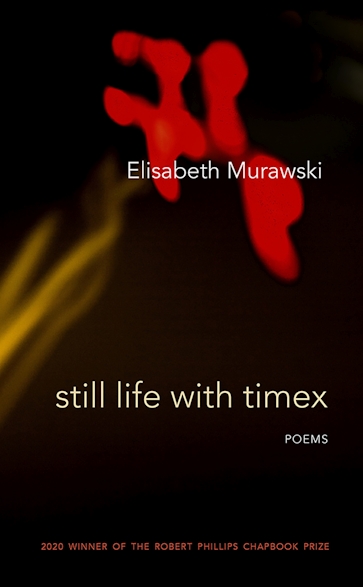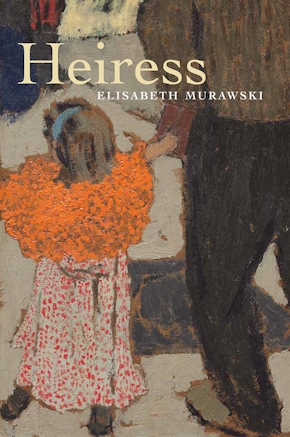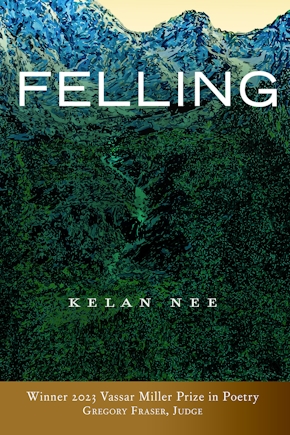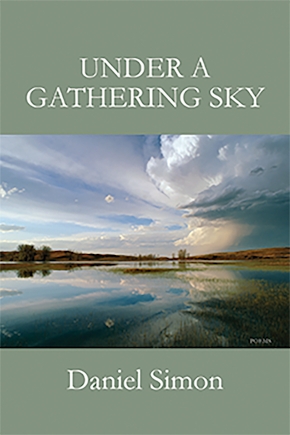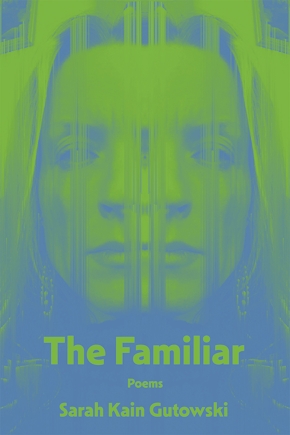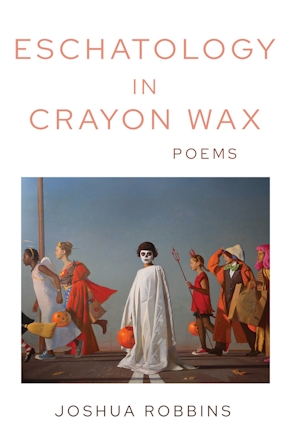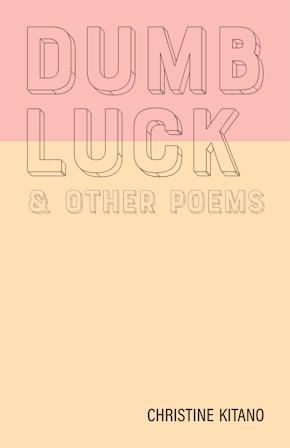“Murawski's elegies are full of unexplained grace—of the impossible, nearly lethal love a mother bears for her child. These short, seemingly fragile poems thrum with beauty and rage for a son who is never heard from, who can only be lost, and lost again.”
—Esther Lin, 2020 Robert Phillips Chapbook Prize Judge
“This book explores the lunar terrain of a mother’s grief following her son’s estrangement and death in poems that evoke Greek tragedy and Christian martyrdom to place her personal story within a larger context of history and art. What distinguishes the writing is quality and restraint—spare, sculpted, and clear, with each word chosen and placed to maximum effect. The poems are by turns haunting and harrowing, but always darkly beautiful. In them we join a mother on a journey of suffering that emerges finally, not into sunshine redemption, but into a life it is possible to continue living.”
—Rebecca Foust, author of Paradise Drive and ONLY
“In Still Life with Timex, Elisabeth Murawski never shifts the focus away from her grief and yet she manages to incorporate so much more: Argentina; Bethesda; nurse’s aides; Mantegna’s painting; figures from the New Testament; grief counselors, and etymologies. The account of her son’s life and death is rendered in complex, humane, compassionate terms. There is not a word out of place in these twenty-four poems; they speak volumes in their concision. This is one of the most powerful collections I have read in years, and I was deeply moved by it. The title poem alone is worth the price of admission.”
—John Skoyles, author of Driven and Suddenly, It’s Evening: Selected Poems
“A reader would have to have a heart of stone not to be moved by the anguished poems in Still Life with Timex. In short, forceful lines—sometimes lyrical, sometimes plain and blunted from sorrow—Elisabeth Murawski traces the arc of heartbreak for the loss of her son, a loss so profound that most of us would have no words for it. It’s a wonder she can carve out such art from such grief. We look on ‘with all the helplessness / of those who love / and can do nothing.’”
—Luke Whisnant, Editor of Tar River Poetry
“Elisabeth Murawski’s poetry is singular and haunting. With painterly attention to detail, Still Life with Timex balances grief, time, and the impossible double-bind of hanging on and letting go. The speaker mourns the loss of a son while exclaiming: ‘It should be you learning the losing part, / wondering why the earth’s no longer firm. / You mourning me, not the other way round.’ These stunning lyrics illustrate pain as palimpsest, written on the body, felt to the bone. Murawski’s mastery of form and attention to the minutiae of existence leave the reader full of wonder. Murawski is one of our best poets writing today.”
—Charles Kell, author of Cage of Lit Glass
